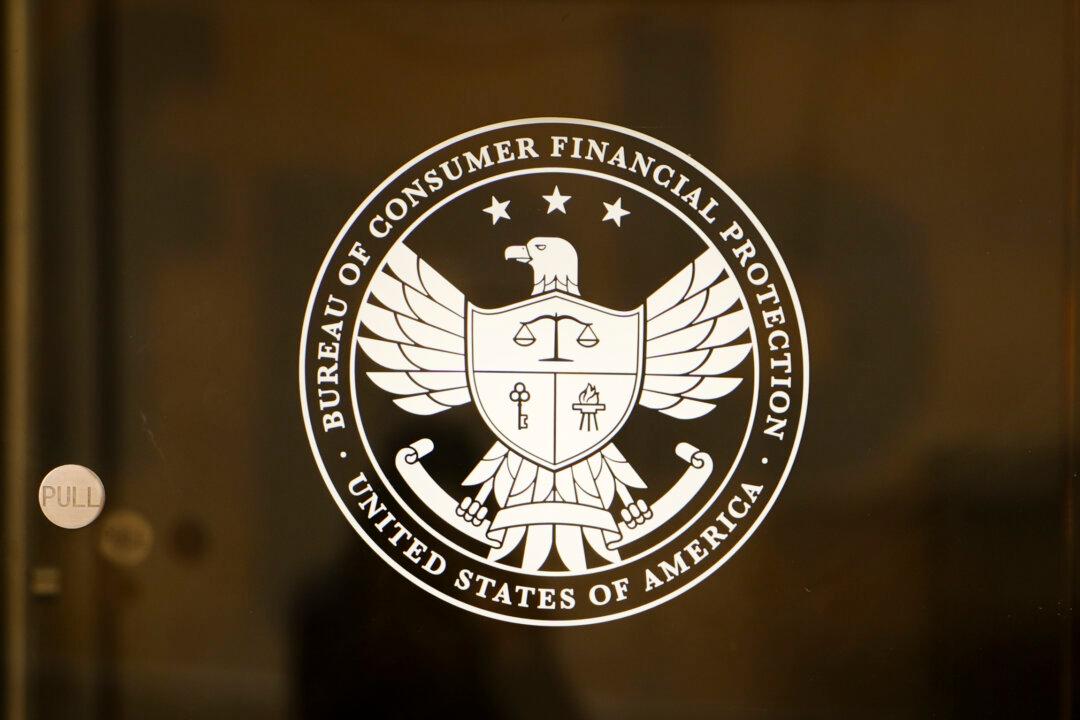The Consumer Financial Protection Bureau (CFPB) issued guidance to protect workers against employers hiring third-party tracking services to digitally monitor staff.
Reports produced by such services that include background dossiers and surveillance-based, “black box” artificial intelligence or algorithmic scores are used by companies to assess performance and inform decisions regarding employees.





